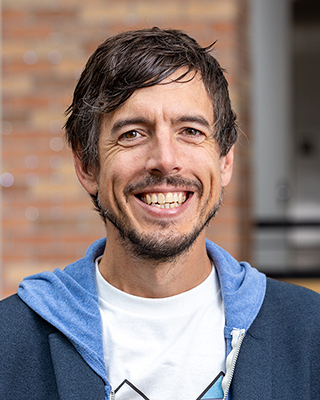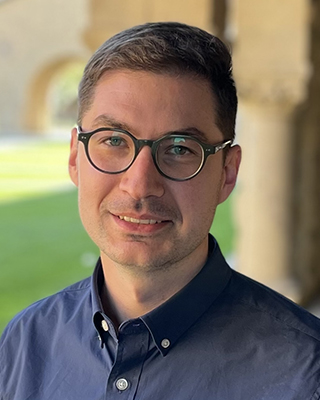Our work in human-centered computing explores and enhances the ways in which people and communities engage with and experience technology.
Our research considers the personal, educational, cultural, and ethical implications of innovation. Drawing upon techniques from human-computer interaction, learning sciences, sensing and more, we aim to maximize the potential benefits of technology while minimizing potential harms to individuals, groups and society.
Research Groups & Labs

Security and Privacy Research Lab
The Security and Privacy Research Lab works on a variety of topics, ranging from studying and addressing security and privacy risks in existing technologies, to anticipating future risks in emerging technologies.
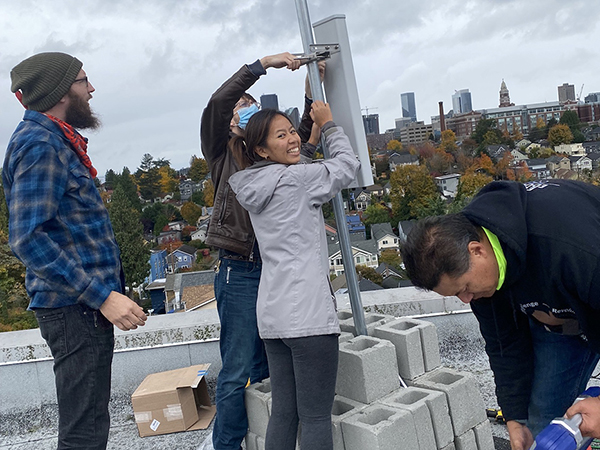
Information and Communication Technology for Development (ICTD) Lab
The ICTD Lab explores how technology can improve the lives of underserved populations in low-income regions through research spanning HCI, systems, communication and data analytics.
Faculty Members
Adjunct Faculty
Faculty
Adjunct Faculty
Faculty
Centers & Initiatives
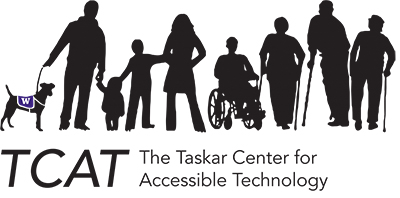
Taskar Center for Accessible Technology (TCAT)
TCAT harnesses the power of open-source technology to develop, translate, and deploy accessible technologies, and then sustain them in the hands of communities. Housed by the Paul G. Allen School for Computer Science & Engineering, TCAT centers the experience of people with disabilities as a lens for improving design & engineering, through participatory design practices, tooling and capacity building.
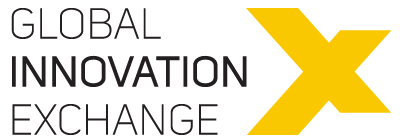
Global Innovation Exchange (GIX)
Global Innovation Exchange is the University of Washington’s
engineering and business institute for emerging and established
technology leaders. GIX partners with corporate, government and non-profit organizations to deliver transformational learning through graduate education, global experiences and professional development programs.
engineering and business institute for emerging and established
technology leaders. GIX partners with corporate, government and non-profit organizations to deliver transformational learning through graduate education, global experiences and professional development programs.
Highlights
UW News
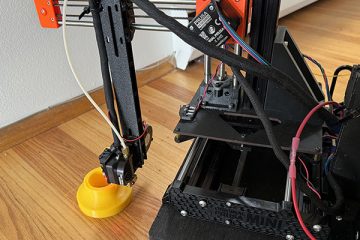
Researchers in the Makeability Lab developed MobiPrint, a 3D printer that can map a room and generate objects on demand — from accessibility enhancements to a custom cat food bowl.
UW News

A team in the Security & Privacy Research Lab surveyed people’s attitudes toward “synthetic media” — imagery generated with AI — and found most respondents view the creation and sharing of such media unacceptable. Far fewer opposed seeking out such imagery, even when it portrays sexual acts.
UW News

Researchers in the Allen School’s Make4All Group found that ChatGPT consistently ranked resumes with disability-related honors and credentials lower than the same resumes without them. By customizing the tool with written instructions, they could reduce — but not completely eliminate — such bias.


